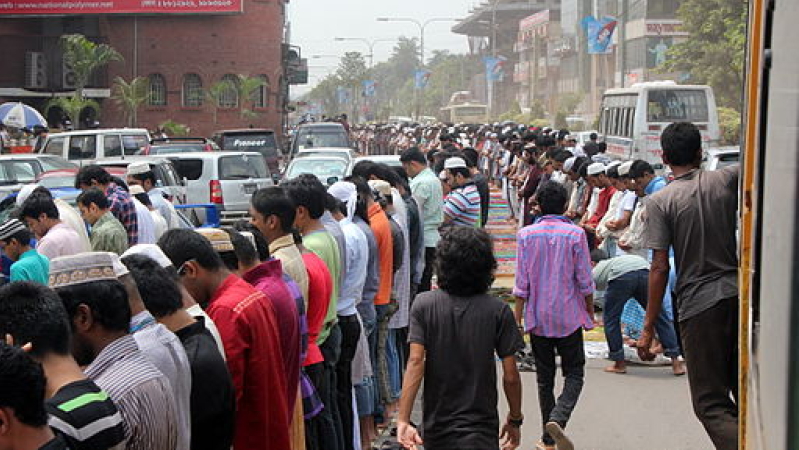
The Supreme Court of Bangladesh has begun a legal process that would determine if Islam should still be declared as the country's official religion. The move was made in response to the growing number of violent cases linked to Islamic extremists.
Currently, Islam is regarded as the largest religion in Bangladesh with Muslim residents making up about 90 percent of the country's population. At 148.6 million, Bangladesh has one of the biggest Muslim populations in the world.
However, due to the spike in killings and other violent crimes against religious minorities such as Christians, Hindus and Shi'ites, Bangladesh has begun considering if Islam should still be regarded as its official religion as stated in the country's constitution, Daily Mail reported. According to authorities, perpetrators of crimes against other religious groups were usually carried out by Muslims and members of extremist organizations.
"We have made arrests on each and every so-called ISIS-claimed attach," a local police official said according to Breitbart. "The attackers have confessed their crimes in court. They have also confessed being a Jamaatul Mujahedin Bangladesh member, and denied any linkage with ISIS."
In response to the incidents, the Bangladesh Supreme Court started facilitating a series of hearings regarding the matter on Feb. 29. Through these procedures, the court will review arguments that challenge the constitutional status of Islam.
If the court rules in favor of the arguments and petitions, then the constitutionality of Islam as a state religion will be deemed illegal.
For Biship Bejoy D'Cruze of the Christian Unity and Interreligious Dialogue Commission, the move by the Supreme Court to initiate hearings about the matter gives hope to the development of peace in the country. According to the religious leader, as long as a country upholds a state religion, there will be inequality among different groups.
"When a state officially accepts a state religion, then it puts barricades for communal harmony because it recognizes supremacy f a particular religion and makes other religions inferior," he said in a statement. "We hope and demand that every religion in Bangladesh are put on an equal footing in terms of status and respect."
Govinda Chadra Pramanik of the Bangladesh National Hindu Grand Alliance agreed with the bishop's statement and said that Islamic extremist groups tend to abuse the title of Islam as a the state's major religion.







